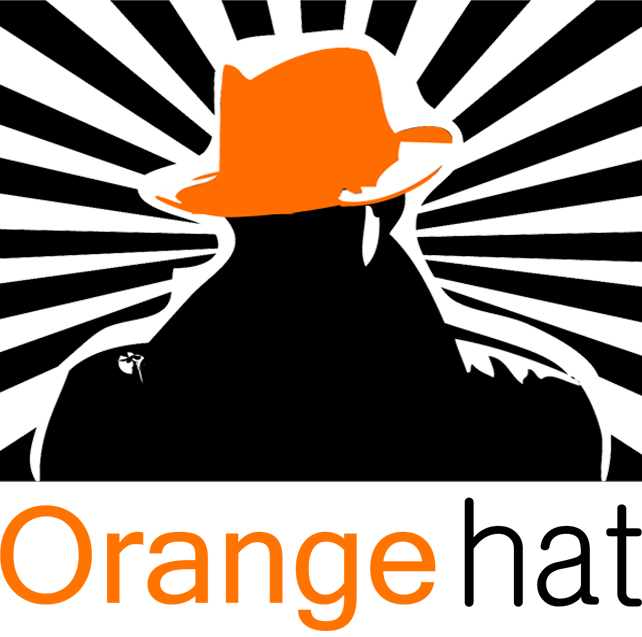Content marketing is a marketing strategy
 This form of marketing involves creating and publishing media content to acquire new customers.
This form of marketing involves creating and publishing media content to acquire new customers.
This informative content, useful or entertaining, can be presented as news, blogs, videos, white papers , ebooks, graphics, case studies, guides, systems Q , photos, forums, press releases, etc..
Content marketing is especially developed on the web so that it differs from advertising, which is traditionally displayed as advertising through the means of banners and images on websites.
Businesses write about real scenarios often using storytelling on their sites, then distribute the new information to the different social networks. They then can engage in a real conversation with their community of fans or customers. Building Trust and Loyalty.
Content marketing is not focused on the sale , but simply communicates with customers and prospects with programs that promote elements of brand equity. Many online marketing campaigns will feature social responsibility, cultural heritage, and their ability to innovate.
This marketing channel is distinguished from advertising that must sell (spot, banner advertising , product placement ) and sponsorship that brings visibility.
Content marketing sends a relevant message about your product or your service at the right time, to the right people. Subtly done, it will directly improve performance and reader demand (potential prospects).
By creating great content, you can create more openings for a sale, generate traffic to your website, promote your brand and educate customers and prospects about your offers.
Follow these six tips to maximize your marketing efforts:
- Say goodbye to the promotion – Do no promotion. Promotional materials are neither exciting nor inspiring. promotion is anti-marketing content.
- Be relevant – Content that is not relevant or does not provide a strong interest in the player, will not bring any success. when you write content, make sure it will be useful to the reader.
- Fill empty – Content marketing must answer a question or a problem. A really useful information can even be used at the conclusion of the sale.
- Think editorial quality – A poorly written thought can be misinterpreted and can also damage the reputation of the company. Take the time to make sure that your content is presented in a thoughtful way and has no error, the substance and form.
- Follow your goals – Keep your objective in mind. No need to waste your time and resources to create content not going in the direction of your goals.
- Provide evidence – You create content related to your business goals, so it can move to the subjective. Make sure that each piece of your content is created or supported by evidence, quotes, stories, statistics, studies.
Writing and publishing articles can generate targeted traffic to your site over a long period of time. Write articles belonging to the theme of your site and submit them to the digg-like or article directories. This allows your items to receive a very high visibility.
In the best case, your articles will be published all over the Internet by other website owners and blogs that need content for their own sites, blogs or newsletters. Writing articles also helps to build backlinks (links pointing to your site) and build your reputation as an expert in your field.
Advantages:
- This strategy is good for SEO.
- Blogs and websites that cite your articles have a common or related subject are so good backlinks.
- This is a great technique if you prefer quality over quantity.
Need help with your Content Marketing? Orangehat are the experts and we are here to help your business grow.


 Search engine optimization is here to stay, like it or not—though some people would admit they’re burnt out already. SEO is essentially the bread and butter of getting your site noticed on the Internet.
Search engine optimization is here to stay, like it or not—though some people would admit they’re burnt out already. SEO is essentially the bread and butter of getting your site noticed on the Internet.



